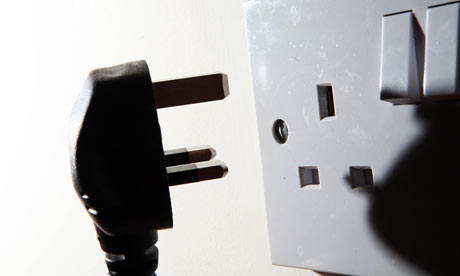
WORLD Vision yesterday commissioned an electricity connection at Robert Sinyoka Primary School, 86 years after it was built, in a project worth more than $20 000. This development came as a relief to parents and teachers. The school has had no electricity since its construction in 1927.
REPORT BY PAMELA MHLANGA
Addressing stakeholders in a speech at the event yesterday, World Vision regional operations manager Shepherd Dlamini described the development as a miracle considering that the school had not had electricity for more than 80 years. Many had long lost hope.
He said World Vision had partnered with Robert Sinyoka Area Development Programme (ADP) which started in 2006 with a vision of contributing towards the sustainable wellbeing of children and their families.
“Robert Sinyoka ADP discussed and agreed that in as much as Robert Sinyoka Primary school has been without electricity ever since its inception, it had something it could contribute towards the electrification of the school,” Dlamini said.
He said World Vision contributed $20 977 towards the project and the school provided the balance of $2 500.
“As World Vision, we want to shape the future of our children by making sure that their well-being is taken care of so that they are successful,” Dlamini said. “This includes providing a desirable environment for their education in the society.”
The school’s head Elicah Ngorima said June 19 was a day worth remembering because the electrification of the school was a huge development.
- Chamisa under fire over US$120K donation
- Mavhunga puts DeMbare into Chibuku quarterfinals
- Pension funds bet on Cabora Bassa oilfields
- Councils defy govt fire tender directive
Keep Reading
“I came here in 2010 and I realised that electricity was a real necessity in the school,” he said. “It has been a struggle when the school did not have electricity, especially when computers were being introduced in schools. Robert Sinyoka children were seriously lagging behind.”
The School Development Committee chairperson Christian Nyathi said the electrification of the school had not been easy.
“The issue was discussed in Parliament years ago, but they highlighted that the area could not be engaged in the rural electrification programme because we were peri-urban and the matter went silent after that,” he said. “Parents signed many Zesa forms in an effort to electrify the school.”
Nyathi said other projects in the school had also stalled so that the funds could be diverted to electrifying it. A parent at the school, Lister Mpofu, could not hide her joy as she said the children had been facing challenges in reading when it was dark.
“I am happy as a parent because I also have the best interests of my children at heart,” she said.
World Vision has worked with the school in the provision of textbooks and stationery and paint, among other projects.
It has also signed a memorandum of understanding with Robert Sinyoka ADP this year to make it possible that 83 children from vulnerable families would attend school without paying fees for seven terms.










